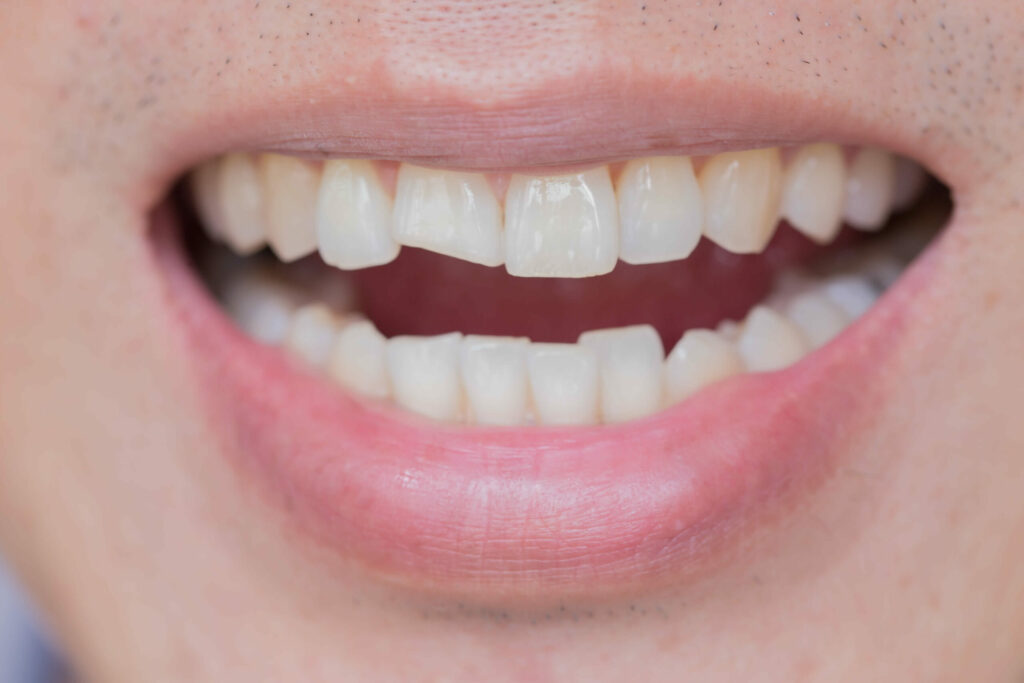DEALING WITH A BROKEN OR CHIPPED TOOTH IN LEANDER: CAUSES, SYMPTOMS, AND TREATMENT
As much as we try to take care of our teeth, accidents can happen at any time. One of the most common dental emergencies is a broken or chipped tooth, which can cause pain, discomfort, and even affect your self-confidence. If you’re in Leander and experiencing a broken or chipped tooth, this article is for you. We’ll discuss the causes, symptoms, and treatment options for this dental emergency.
Causes of Broken or Chipped Teeth
Several factors can cause a tooth to break or chip. Some of these causes include:
1. Trauma or Injury
Trauma or injury to the mouth can cause a tooth to break or chip. This can happen during sports, accidents, or falls. In some cases, the damage might not be visible immediately, but it could manifest later as pain or discomfort.
2. Tooth Decay
Tooth decay weakens the structure of a tooth, making it more susceptible to breaking or chipping. When a cavity is left untreated, it can lead to extensive damage to the tooth, which might require extraction.
3. Chewing Hard Foods
Chewing hard foods like ice, popcorn kernels, or hard candy can cause a tooth to chip. This is especially true if the tooth has already weakened due to decay or trauma.
Symptoms of a Broken or Chipped Tooth
Some of the symptoms of a broken or chipped tooth include:
1. Pain
A broken or chipped tooth can cause pain or sensitivity, especially when eating or drinking hot or cold foods.
2. Rough or Sharp Edges
A broken or chipped tooth can have rough or sharp edges that can cut your tongue or cheeks.
3. Visible Damage
If you can see a visible chip or crack in your tooth, then it’s likely that you have a broken or chipped tooth.
Treatment Options for a Broken or Chipped Tooth
The treatment for a broken or chipped tooth will depend on the severity of the damage. Some of the treatment options include:
1. Dental Bonding
Dental bonding involves applying a tooth-colored resin to the damaged tooth to restore its shape and function. This treatment is ideal for small chips or cracks.
2. Dental Veneers
Dental veneers are thin shells of porcelain or composite resin that are placed over the front surface of a tooth. This treatment is ideal for more extensive damage to the tooth.
3. Dental Crowns
Dental crowns are custom-made caps that cover the damaged tooth. This treatment is ideal for severe damage or when the tooth’s root is exposed.
4. Root Canal Therapy
If the damage to the tooth has affected the pulp or nerve, then a root canal might be necessary to save the tooth. This treatment involves removing the damaged pulp and filling the root canal with a special material.
Preventing Broken or Chipped Teeth
While accidents can happen, there are ways to reduce your risk of experiencing a broken or chipped tooth. Some of these prevention tips include:
- Wearing a mouthguard during sports or physical activity
- Avoiding chewing on hard foods or objects
- Maintaining good oral hygiene by brushing and flossing regularly
- Visiting your dentist regularly for check-ups and cleanings
A broken or chipped tooth can be a painful and uncomfortable experience. However, with the right treatment, you can restore your tooth’s function and appearance. If you’re in Leander and experiencing a broken or chipped tooth, it’s important to seek dental treatment as soon as possible. Contact your dentist to schedule an
appointment and discuss the best treatment options for your specific case.
Remember, prevention is always better than treatment. Take good care of your teeth, avoid hard foods, and wear a mouthguard during physical activity to reduce your risk of experiencing a dental emergency like a broken or chipped tooth.
If you have any further questions or concerns about broken or chipped teeth, check out the FAQs below.
A broken tooth can be a painful and uncomfortable experience, and it’s important to seek dental treatment as soon as possible. While some cases of a broken tooth may not require immediate attention, others may require prompt treatment to prevent further damage and infection.
If you have a broken tooth, you should call (512) 883-2363 as soon as possible if:
- You’re experiencing severe pain or discomfort
- The tooth is bleeding or there’s visible damage
- The tooth is sensitive to hot or cold temperatures
- The tooth is loose or has shifted from its original position
- You’re experiencing swelling or a fever
In some cases, a broken tooth might not cause immediate pain or discomfort, but it’s still important to see a dentist for evaluation. A dentist can examine the tooth and recommend the best treatment options for your specific case.
Delaying treatment for a broken tooth can lead to further damage, infection, and even tooth loss. Seeking prompt dental treatment can help to restore the tooth’s function and appearance, improving your oral health and overall well-being.
Remember, prevention is always better than treatment. Take good care of your teeth, avoid chewing on hard objects, and wear a mouthguard during physical activity to reduce your risk of experiencing a dental emergency like a broken tooth.

















